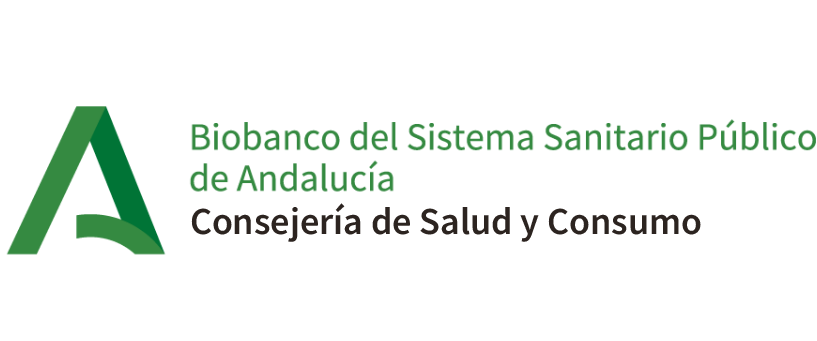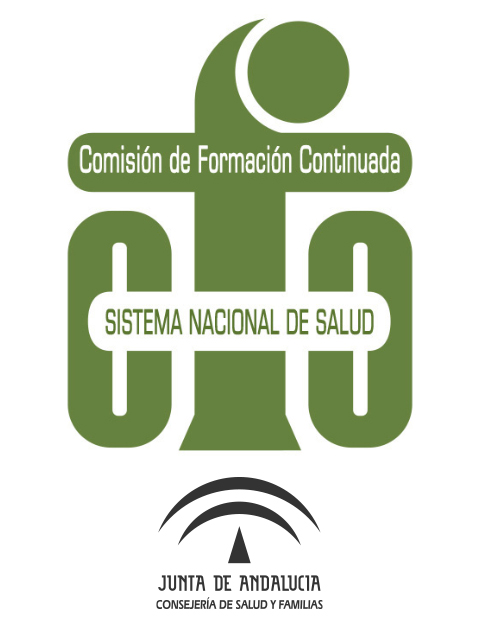The course addresses the use of cytogenetics, flow cytometry and genome editing techniques in the characterization of multipotent and pluripotent cells, cells widely used by the scientific community, not only to obtain reliable results, but also as an internationally established methodology in the characterization protocols for establishment, deposit and bleaching of hMSCs, hESCs and iPSCs.
LEARNING OBJECTIVES
General Objectives
Show the theoretical and practical bases that define the Cytogenetics and Flow Cytometry techniques applied to the characterization of hMSCs, hESCs and iPSCs cell types. Know the methodology of both technologies used, the good practices in their application, as well as good laboratory practices, identification of the most common errors and the needs of each of the techniques, optimization of their use and problem solving.
Specific Objectives
- Acquire a theoretical knowledge of the hMSCs, hESCs and iPSCs cell types, characteristics, function and utility in biomedical research and clinical application.
- Show the latest developments in the field of stem cells and state-of-the-art technologies in genomic engineering applied to them.
- Acquire skills to characterize these cells using cytogenetics and flow cytometry
| Addressed to: |
| Master's students, Graduates in Health Sciences, students interested in working in the field of iPSCs, hMSCs, hESCs, biosanitary field personnel. |
| Embodiment: |
| Face-to-face |
| Methodology: |
| Theoretical group part and practical part individualized |
| Requirements: |
| It is an essential requirement to have a degree related to health sciences (biology, medicine, pharmacy,...). |
| Assessment System: |
| - Test-type exam - Assessment continuous |
| Language: |
| - Spanish |
| Accreditation: |
|
|







